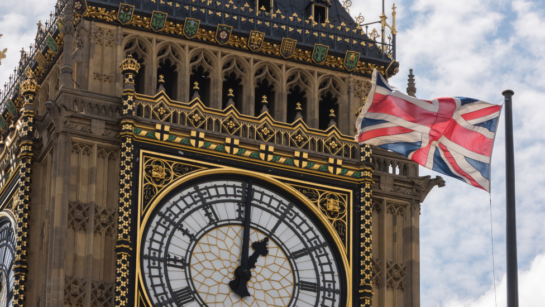Brazil’s Chamber of Deputies Navigates Tax Hurdles and Online Casino Regulation
The Brazilian Chamber of Deputies is preparing to vote on a significant gambling bill that has the potential to shape the future of the industry within the country.

Bill number 3626/23 is an amendment to Provisional Measure number 1,182 which was introduced by President Luiz Inácio Lula da Silva in July. At present, the bill is under consideration. If passed, it will maintain the current high tax regime and also introduce regulations for online casinos.
High Tax Regime Persists
Despite facing widespread criticism over high tax rates, the proposed law aims to keep the original 18% tax on gross gambling revenue intact. However, experts have pointed out that when mandatory contributions are included, the effective tax rate could potentially reach a massive 31% to 34%. Furthermore, the bill introduces a new tax of 30% on prizes exceeding R$2,112 (£342/€398/$427).
The gaming industry in Brazil is expected to face significant challenges due to the retention of high tax rates. Many stakeholders in the sector have expressed their disappointment with the initial provisional measure, primarily because they believe that the tax regime is too burdensome.
A Legislative Product of Compromise
The proposed law includes many of the 277 amendments proposed by Brazilian lawmakers, which were the result of extensive negotiations between party leaders. The bill was introduced by Deputy Adolfo Viania, who was responsible for compiling it. However, the bill’s text was actually created through negotiations within the government.
Given the parliamentary timetable in Brazil, today’s vote is crucial for the bill’s passage. The Provisional Measure had faced opposition from various segments of Brazilian society during its time in Congress.
Online Casino Regulation Included
The bill has introduced a significant change regarding the regulation of online gaming, which has been welcomed by Brazil’s gambling operators. The status of online casinos remained ambiguous after the implementation of sports betting regulations. As per the bill, players will now be able to place bets on online games, along with traditional sporting events.
The text defines an online game as an “electronic channel that allows virtual betting in a game where the outcome is determined by a random future event, based on a random generation of numbers, symbols, figures, or objects defined in the system of rules.”
The bill retains the R$30 million license fee imposed on operators wishing to launch their offerings in Brazil.


